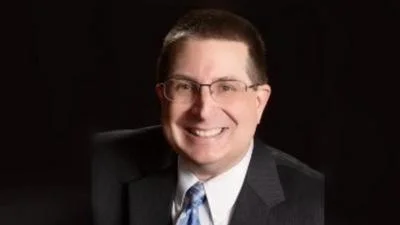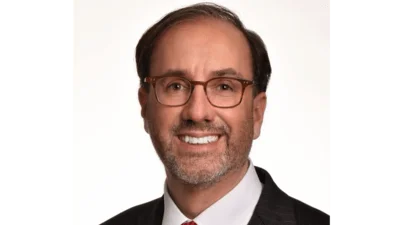The publication is reproduced in full below:
Nomination of Jayme Ray White
Mr. WYDEN. Madam President, next, the Senate is considering the nomination of Jayme White for the position of Deputy U.S. Trade Representative.
Now, Senators know that Jayme has been a longtime member of my Finance Committee staff. So I won't bury that lede today. We feel, all of us who have had a chance to work with him in the Finance Committee--
and he has been supported by business and labor and Senators who worked together with him repeatedly over the years on complicated trade issues. We all come together to make the case that Jayme will be an exemplary Deputy USTR representative.
He is a topnotch advocate for our workers, our businesses, our farmers, and our ranchers. His confirmation will be a loss for the Senate Finance Committee--I can tell you that--but it is going to be the American people's gain.
For a little bit on Jayme's background, he is from our part of the world, the Pacific Northwest. He is a son of union workers near Seattle. He has worked on trade policy for more than 20 years on Capitol Hill. We kind of lured him away from his old job, working for his hometown representative, Congressman Jim McDermott. And since 2014, he has been the top trade and competitiveness adviser for the Finance Committee Democrats.
I have had a front-row seat watching Jayme for over a decade, and what he has always tried to do is reach across the aisle and say: Look, we know that to create more high-skilled, high-wage jobs in the private sector--and in our part of the world that is crucial. One out of four jobs depends on trade, and trade jobs pay better, often, than the nontrade jobs. You have to think about workers and the environment and good governance. And Jayme brings Members together from both sides of the aisle to make sure our trade policies in those areas are durable for the long term.
He has been way ahead of the pack on the need for more aggressive trade enforcement. Years ago, when I was chairman of the Finance Trade Subcommittee--our colleague Max Baucus was chairman of the full committee--Jayme set up a sting operation, an actual sting operation, with a dummy website to show how the trade cheats, the rip-off artists, were able to launder merchandise and avoid paying customs duties. They would ship goods through other countries, slap a new label on something with different information on their products, and managed to slip them into the American market. That experience helped us write and build momentum for trade enforcement, came to be known as the ENFORCE Act, passed a few years later.
When the Trump administration's new NAFTA was weak on enforcement, Jayme and Ambassador Tai worked to make huge improvements. And we all worked together in our committee. There were many of us. And, certainly, our colleague Senator Brown of Ohio, who has championed this for so many years, this effort, this bipartisan effort to strengthen enforcement, made sure that USMCA raised the bar over any other trade agreement in history in terms of enforceable commitments on labor rights and the environment. He has been a champion of transparency and accountability.
And I can tell you, when I came into public life, people hardly knew anything about trade agreements that were getting ready to be voted on. I mean, you would go home for a meeting and people would ask you about some trade proposal, and you would be kind of in the dark. Jayme wanted to make sure that the days when well-connected reporters and insiders in the industry knew more than Members of Congress and the public about what was being negotiated--Jayme said: We are going to change that. And we did. There are now concrete rules giving Members access to negotiating text while the negotiations happen. Final text-to-trade agreements have to be public for anybody to see for a minimum of 60 days before the Congress can consider approving it. Those commitments to transparency, new accountability, which we had nothing like when I came into public life, come about because of Jayme's hard work.
So I will sum it all up. I know we are waiting for our vote. What I have come to say--and we have all listened to the debates about free trade and fair trade and the like--Jayme understands that our challenge, for all of us, for our workers and our small businesses and to protect the rights of all concerned, we have got to have trade done right--trade done right: rigorously enforce the trade laws on the books, make sure that there is more transparency and accountability, and, particularly, make sure that foreign markets--foreign markets--are open to American products and American workers.
I will just tell you, I am sorry to lose him after 12 years on my staff. I always knew that he would be going off to big things. I wasn't sure it was going to be this soon.
Twenty-five members of the Finance Committee agreed with me when they voted to send his nomination to the floor. He has got 110 percent of my support. I urge my colleagues to vote yes on the White nomination.
My understanding is we will vote first on the Batchelder nomination that I spoke about earlier and that a bit later in the evening, we will vote on Mr. White. I strongly urge colleagues to vote for both.
SOURCE: Congressional Record Vol. 167, No. 164
The Congressional Record is a unique source of public documentation. It started in 1873, documenting nearly all the major and minor policies being discussed and debated.
Senators' salaries are historically higher than the median US income.





 Alerts Sign-up
Alerts Sign-up